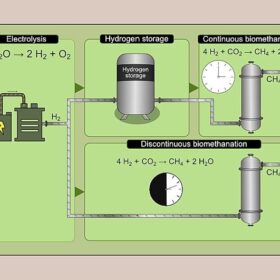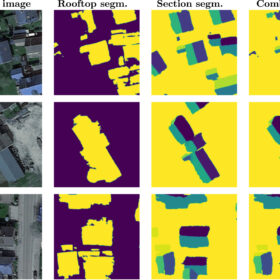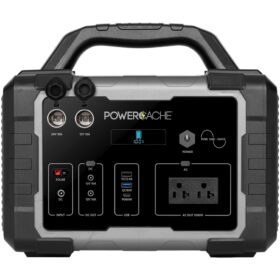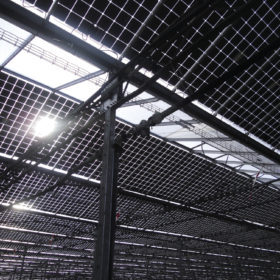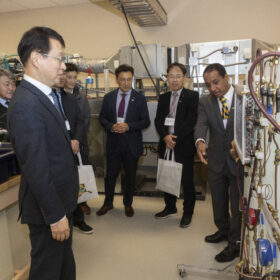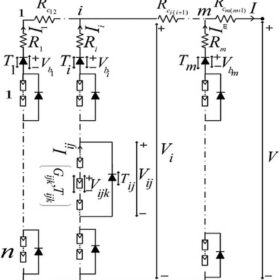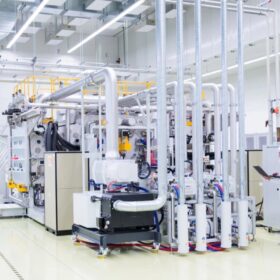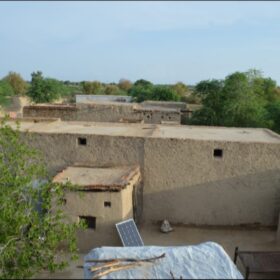Photovoltaics for biomethanation
Researchers in Denmark have studied the technical and economic feasibility of biomethanation through large-scale PV power generation. They said that the intermittent PV-driven biomethanation process matches the efficiency of continuous processes after several days.
Open-source workflow to assess rooftop PV potential
Scientists in Germany have developed a new open-access approach to assess regional rooftop PV potential. The ETHOS.PASSION approach combines two deep learning models to identify rooftops and superstructures.
Monoprice unveils new PowerCache batteries with up to 1,000 W of output
Monoprice, a US consumer electronics supplier, says its new portable batteries can store electricity from solar panels and wall outlets. They range in price from $199.99 to $799.99.
Satellite method estimates albedo for bifacial PV systems in ‘worst-case scenario’ areas
Scientists in the UK have utilized data from two different satellites – Sentinel-2 and MODIS – to develop a new and more accurate approach to estimated albedo for bifacial PV systems in complex landscapes. The novel methodology reportedly achieved a much lower normalized root mean square error than reference methods relying on MODIS only.
Algae photovoltaics for hydrogen production
South Korea researchers have developed a cell by merging green algae with carbon nanofibers, in order to generate 9.5 W per cell and achieve a peak efficiency of 0.9%. They claim this is enough to power a micro-generation system for hydrogen production.
LG targeting Alaska for heat pump deployment, research
LG has formed a partnership with the University of Alaska Anchorage to conduct lab research and perform real-world testing of heat pump technologies, with a particular focus on Alaska’s extreme temperatures.
Israel to use solar fences to protect villages
Against the backdrop of its war with Hamas, Israel has started allowing villages to install solar fences to improve protection for residents.
Novel algorithm estimates global maximum power point in partially shaded PV systems
Developed by scientists in India, the global maximum power point (GMPP) technique is based on the voltage and current of strings in a PV array. The research group tested it in computer simulation, as well as through an experimental setup.
Ascent Solar announces 17.55% efficiency for CIGS tech
Ascent Solar, a US-based manufacturer, has achieved an efficiency of 17.55% for its copper, indium, gallium and selenide (CIGS) technology. It says it plans to release a new CIGS solar module with this efficiency rating soon.
New research sheds light on off-grid solar costs in remote villages
An international research group has assessed the economic feasibility of exclusively powering remote villages in Pakistan with off-grid solar-plus-storage projects. They said that their proposed system configuration has a “justifiable” net present cost.
